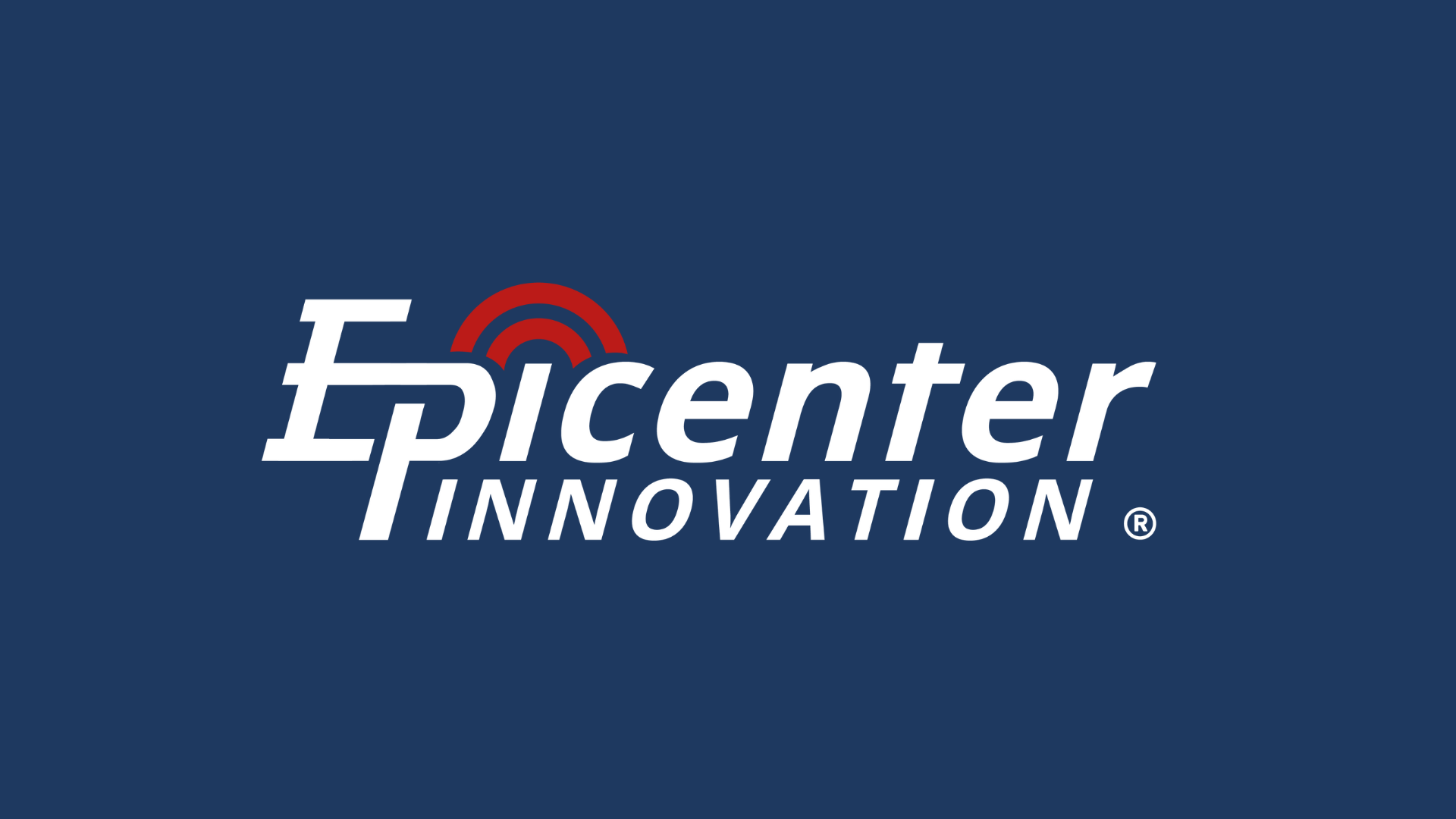Personal Resilience: Strategies for Thriving in Challenging Environments
As work becomes more complex and demanding, navigating challenging environments requires a combination of resilience and innovation. However, knowing where to begin can be overwhelming. In this blog post, we aim to explore strategies for building personal resilience in the face of stressful work-related scenarios. By understanding the importance of resilience and innovation and applying specific strategies, you can cultivate the strength and adaptability needed to thrive in any challenging environment.
Why are resilience & innovation important?
Simply put, resilience and innovation are crucial elements in creating sustainable work environments. Resilience enables individuals to bounce forward through setbacks, embrace change, and maintain a positive mindset in the face of challenges. Innovation, on the other hand, encourages individuals to think creatively, explore new approaches, and seek inventive solutions. By combining resilience and innovation, individuals can navigate complex work environments more effectively, contribute to problem-solving, and adapt to evolving demands.
How do we know this? We’ve been researching these concepts for the past couple of years, and our findings have shown that resilience and innovation are the most important personal factors when it comes to building sustainable organizations and making more of an impact in your work. If you want to read more about the research, check out this article that we published in the Domestic Preparedness Journal.
Our research showed that resilience is something that you can personally build up over time. So how do you start doing that? Let’s explore some scenarios and corresponding strategies below.
Building Resilience in Challenging Scenarios:
In this section, we’re going to explore some common scenarios that any professional could encounter. Whether you work in a hospital or a school or in an office, these are some common instances where building your personal resilience so that you can thrive in the face of adversity.
Crisis Response: In the midst of a crisis, building resilience requires developing situational awareness and resourcefulness. Maintaining awareness of the whole situation to gain a comprehensive understanding of the challenges and opportunities is crucial to building your fact-finding skills. Adopting a growth mindset, one that is open to risk and potential failure, allows you to explore innovative solutions, making your work more impactful and sustainable.
High-pressure Deadlines: This is an example we can all probably relate to. When faced with high-pressure deadlines, resilience can be cultivated through preparedness and planning, as well as compartmentalization. Scenario-planning is a great way to anticipate challenges and proactively identify potential solutions. Develop a mindset that embraces adaptability and the ability to pivot quickly (sensing a theme, here?). Lastly, compartmentalization allows you to focus and effectively manage emotions, enabling you to maintain clarity and make sound decisions even under pressure.
Team Conflict and Collaboration: All teams face conflict, whether it’s a simple miscommunication or varied approaches for how to do a task. To help work through conflict as a team, it’s important to first engage in active listening and empathetic understanding. This is like fact-finding but in a more collaborative way. Growth mindsets in this context can help you value diverse perspectives more readily, which encourages innovation through collaboration. Lastly, an inclusive team culture, one that cultivates support and allows room for failure, enables individuals to bounce through disagreements and work towards shared goals. And if there is an emphasis on failure, you might get some cool, innovative solutions out of it!
Organizational Change and Uncertainty: Resilience is just as much about protecting yourself as it is about working through conflict with others. Navigating organizational change and uncertainty requires a combination of self-centeredness and optimism. Develop self-centeredness in the sense of self-care and protecting your well-being, allowing you to bounce back more easily. Maintain a positive outlook and have a bias toward optimism. Doing so will automatically foster your ability to adapt in the face of major change.
Embarking on the journey to build personal resilience is an investment in yourself and your work. By embracing resilience-building strategies, such as situational awareness, resourcefulness, preparedness, compartmentalization, a growth mindset, self-centeredness, and optimism, you equip yourself with the tools to thrive in challenging environments. Remember, resilience is not about being impervious to stress; it is about adapting, learning, and growing from adversity. Embrace the challenges that come your way as opportunities for personal growth and innovative problem-solving. By cultivating resilience, you can shape a fulfilling and sustainable career.
Interested in taking your resilience to the next level? Check out our Resilience Innovator® – Signature Workshop, the first level in our workshop series on building resilience and innovation.
About Epicenter INNOVATION
Epicenter Innovation® is an award-winning professional services firm driven by human-centered, resilience-focused innovation. Our team is here to help you implement a proven framework for creating impact & unlocking the potential of your people.
We’re the connective tissue between organizations that produce technology and those in the field using it. By working on both sides of the public/private-sector divide, we serve as translators & change-makers at all phases of the disaster management lifecycle – driving human-centered, resilience-focused innovation before, during, and after major incidents.
How Can We Help Your Organization?
Book a Call With the Epicenter Innovation Team
Read More
Top 10 Tips to Increase Personal Resilience
Inrceasing your resilience shouldn't be hard, but where do you start? We've got some easy ways to get you going on your resilience journey.
Top 10 Tips for Making Your Team More Innovative
Innovation is vital to having your work make an impact, but it shouldn't be hard. These ten easy tips will help foster an innovation culture for your team to thrive.
Exploring Innovation in Resilience-Building Practices
We've known for a while that resilience and innovation go hand-in-hand. But how? Learn in this short article.


